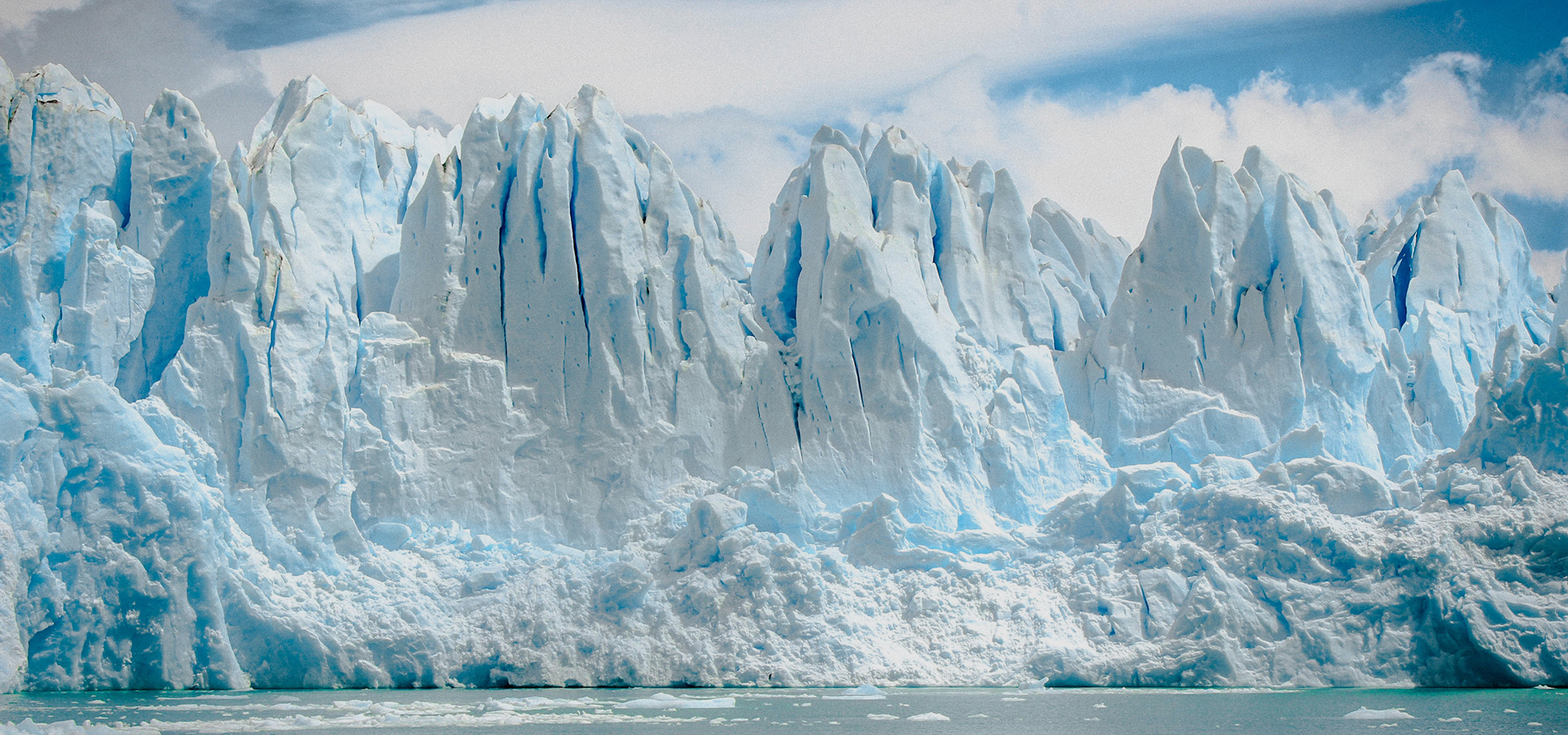

Ethan Hartley
What Outdoor Brands Can Teach Us About Socially Conscious Business Models
We tend to leave social change to our governments to deal with, but growing concerns such as climate change and wage inequality prove that our governments aren’t moving fast enough. Retail brands, on the other hand, are continuing to grow year by year. The rise of the middle class means people have more money to spend, but also more opportunities to vote with their wallet when it comes to supporting brands that are worth it.
What makes a brand worth supporting? We can turn to outdoor brands to find our answers. The likes of Patagonia, Cotopaxi, and Kathmandu are reformulating what a socially conscious brand looks like—one that truly cares for the welfare of humans and respects the environment we live in.
Consistency
Patagonia founder Yvon Chouinard is well known for walking the walk when it comes to environmental conservation. Chouinard has been disparaging the effects of climate change as early as 1994, but continued to use Patagonia as a way to educate people on climate change and provide a model for other businesses who want to be environmentally sustainable.
It’s this kind of commitment to their advocacy that makes outdoor brands the perfect example for how to sustain a business model. Since these brands make their products for the environment, they’re fully attuned to how the natural landscape is changing.
Transparency
On the subject of commitment, lots of outdoor brands are known for disclosing their manufacturing processes and materials in an effort to be more transparent and ethical. Greener Solutions CEO Catherine Greener stressed that it’s not enough to use terms like ‘organic’ and ‘sustainable’ to capture consumer interest.
Vague nods to sustainability and social good can even put you in hot water. Any socially aware brand worth its salt should work in close consultation with a legal team to ensure that business operations are indeed fair and sustainable. Special Counsel recommends working with your firm’s paralegal team to check whether your claims are sound, as well as how to further engage with communities you want to help. Giving tours of your factory, for example, must be done with the consent of your workers. Taking the extra step to ensure your marketing claims are legally backed up ensures that you’re taking sustainability measures seriously.
Creativity
Creating truly sustainable solutions requires constant research and the desire to improve processes; furthermore, it’s not just in manufacturing that sustainable solutions can come in. Saving the environment requires innovative solutions, and outdoor brands are well aware of that. REI offers its own co-op brand that gives 70% of its profits back to members and environmental nonprofits.
It may only be a matter of time before other brands start adopting these socially conscious business models as the new norm. Adidas’ Parley line of shoes has soles made out of recycled plastic bottles, showing how environmental conservation is now moving into mainstream retail brands as well.
Consistency, transparency, and creativity are the main tenets of building and sustaining a socially conscious business model. Startup brand Cotopaxi recently started a foundation aimed at poverty alleviation, thus proving that even new businesses can have a say in building brands around certain causes.
It’s impossible to think that global shopping habits will be curbed any time soon. Shopping is so ingrained into our society that the solution isn’t in eradicating shopping altogether, but instead shopping smarter. Consumers have the potential to vote with their wallet by supporting brands like Cotopaxi and REI, and enough votes might be what we need for lasting change.


Uncommon Person: Chad Hutson

Our Internal Learning & Impact at Bulldog Drummond

The One Decision by Employers in 2021 that Means Everything

What I Wish I Knew

Standing Up Inside

Uncommon Person: Gregg Imamoto

Five Things Every Company Should Know about ESG

Redefining Value

Uncommon Person: Chris Baréz-Brown

It’s Time For A Whole Lotta Common Good

Did You Choose Humanity?

Uncommon Partnership: Violux

Here’s How

Uncommon Person: Santhosh Nair

Designing Strategy For A Complex World

Responsibility & Relevance for Brands
